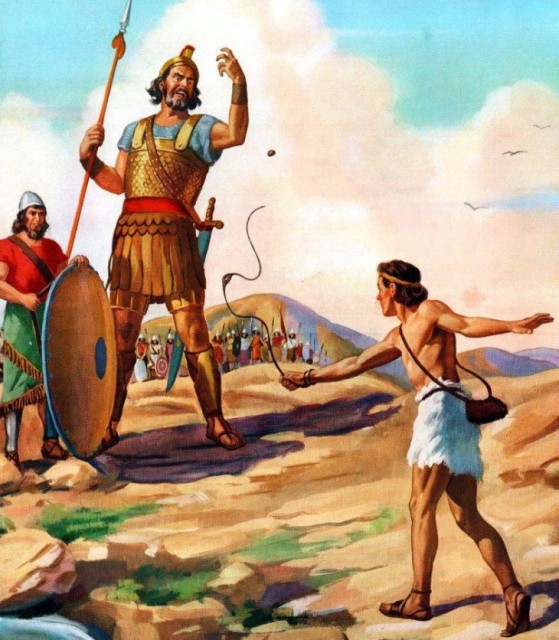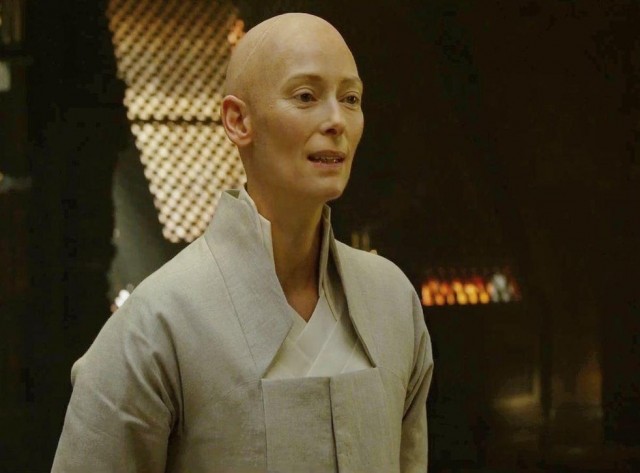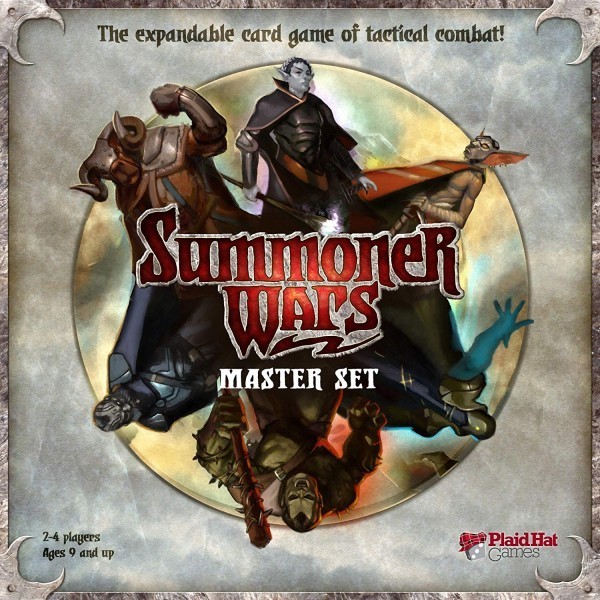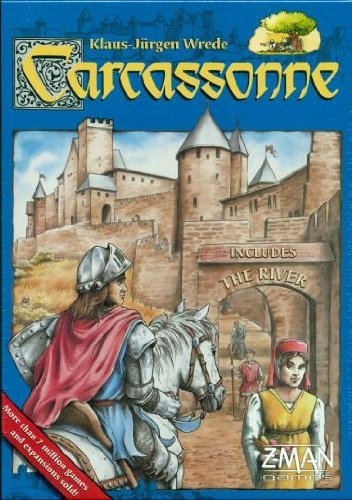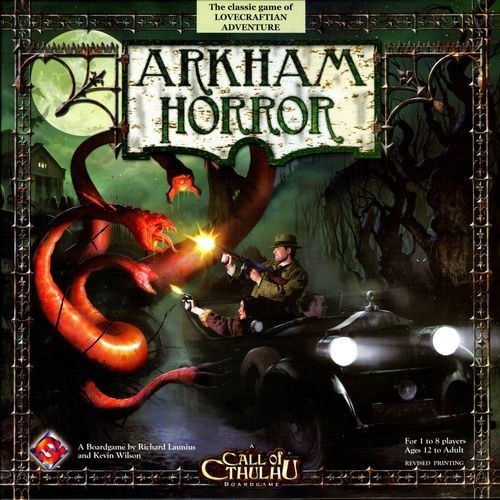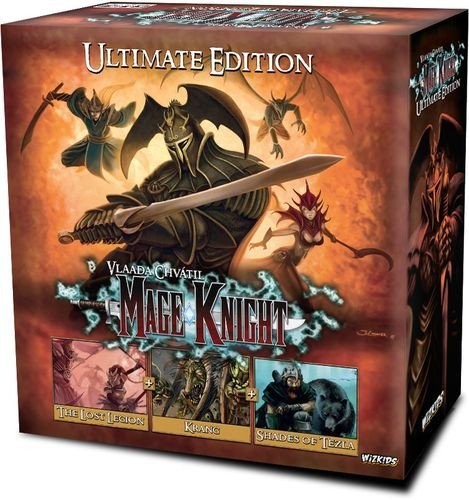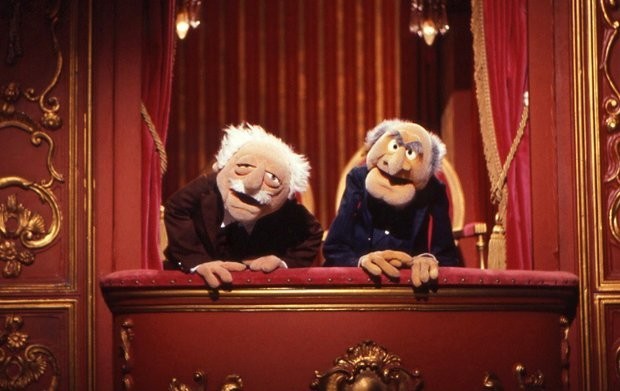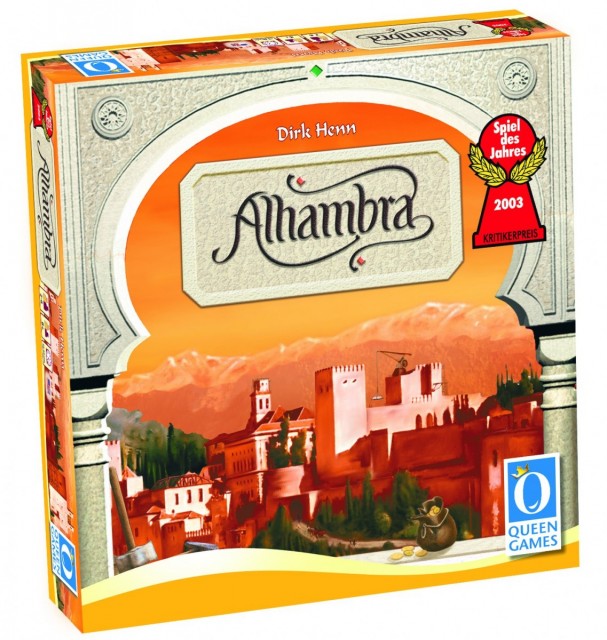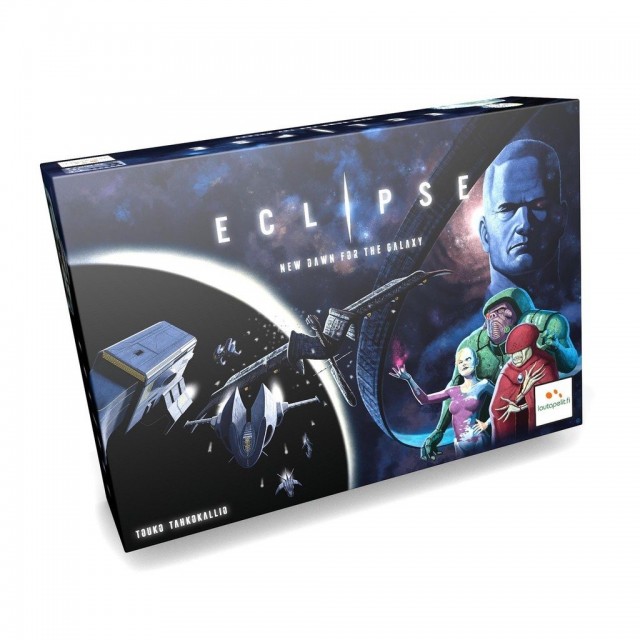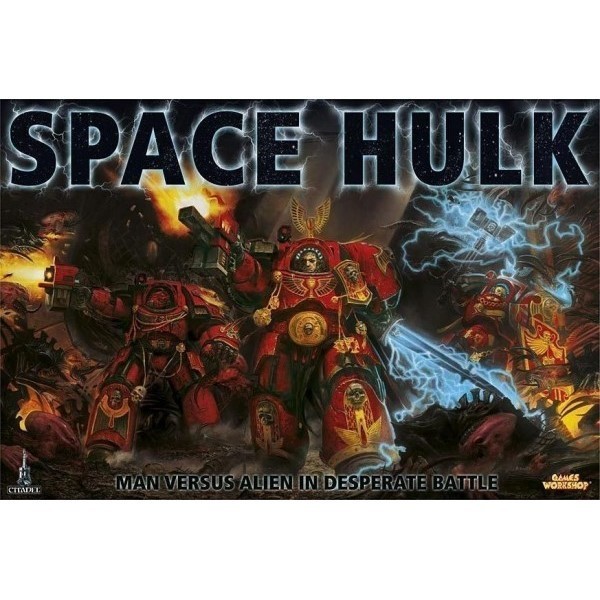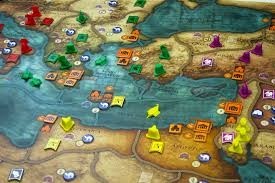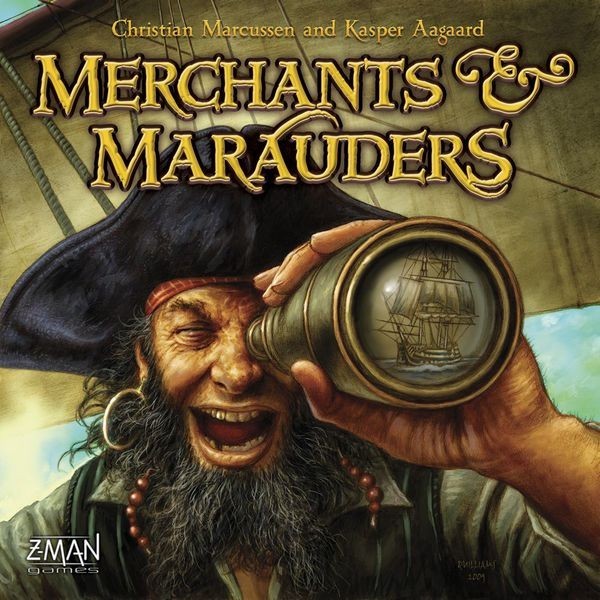That’s right folks it's time for your annual article about criticism and ethics! Excited? The answer is likely no. This time round I want to talk about something that was thrown up by recent conversations about the nature of criticism, and positive and negative reviews. I want to chat about roles and the responsibilities that they carry with them.
I think a lot of the recent issues, and historic ones as well, come from a misunderstanding about the job different content creators do. I’m personally not a fan of the term content creator. It’s too all encompassing. Too nebulous. Therein lies our problem. If content creator is an umbrella term to describe a bunch of different output, how do we apply consistent ethical considerations to those who use the label? We need more nuance when it comes to talking about ethics and responsibilities.
Let’s look at the roles we can break content creators down into, as far as I see it. I consider these roles to exist across all industries. They are not unique to content creation in the tabletop hobby.
Educational
These are the folks helping us learn games. They produce player aids or how to play videos and guides. Rodney Smith from Watch it Played would be a good example of this type of content creator.
Promotional
These folks provide marketing for the hobby. This is both needed and essential to growth. We may not like it sometimes, but in the end we are all, to one extent or another, reliant on marketing to get a feel for the pulse of the hobby and its ever changing landscape. These content creators are the cheerleaders of the hobby and often the ones who will reach out to as wide an audience as possible.
Media Personality
Sort of a subset of the promotional class above, but I think distinct enough to be worth mentioning separately. This class of content creators are all about the personality and building an audience for that personality. This type tends towards the promotional class once the audience has grown enough to attract sponsorship. They tend to be incredibly positive about the hobby and can be great advocates for it. Ross from moregamesplease is a great example of this type of content creator.
Critical
My own particular class in this RPG of content creators. Here is where things might start to get a bit dicey and I can only speak to how I see criticism. The role of a critic is to cast a harsh light on all aspects of the hobby. Harsh light is maybe a bit much. Let’s call it an uncompromising light. Maybe that manifests in reviewing games, looking at the culture of the hobby, or talking about historical context and consideration.
The job of a critic is not to be impartial. That is impossible. It is a critic's job to have opinions, to make it clear what our preferences are to our audience. It is our job to be fair and not cruel, but still be true to the purpose of providing a critical opinion. A critic breaks down what works and what doesn’t about a game.
I define these classes without judgement. I think a healthy content creation ecosystem needs people doing all of these roles. The issues start arising when we confuse the roles and expect one class’ output to be the same as another. This confusion can come from the audience or the creator. I think sometimes folk aren’t honest about what they really want out of being a content creator and that leads to issues when viewed from the audience perspective.
The Matter at Hand
This brings us back to our recent debate. Dan Thurot, a writer who is a critic I greatly admire, put out a piece on Arcs, the latest game from publisher Leder Games, Cole Wherle with art by Kyle Ferrin . Dan's review was mixed but I wouldn’t call it negative. Others did. Of course, this led to some backlash against Dan, which is ridiculous, but also a wider debate about positive and negative reviews. There was some discussion that if you want to consider yourself a critic you need to be able to state negative opinions about games, even ones you love. I whole heartedly agree.
Let’s dive into this more, as I think it is the heart of the issue. If you only ever produce reviews, previews, whatever you want to call them, that are positive about every game you play then you are in the promotional role. That’s great, we need those people! They are vital in showing how awesome the hobby can be. A critic does not just play games they like, or only produce reviews of the ones they like. They just don’t. That might be a controversial opinion but it really shouldn’t be.
Think of a famous critic from outside the world of tabletop gaming, someone you really admire. For me that is in the world of films and my favourite is Mark Kermode in the UK. He is a massive advocate for the power of cinema, but that does not mean he thinks every film that comes out is a golden blessing bestowed upon us by the cinematic gods. Every really famous critic I can think of is never relentlessly positive about their chosen subject. They love it and they think you should love it too, but they don’t think everything is awesome. Good critics speak their mind, advocate for the good, and rail against the bad. They criticise.
Now do I actively seek out games I don’t like just to prove this point? No, of course I don’t. Herein lies one of our problems. Of course critics self-select games to a degree especially at my level where I am not getting paid to be a critic. By that I mean I am not paid by a larger organisation to play games and review them. I also don’t have enough of a crowdfunded income, like patreon, to be able to just buy games I want to review willy nilly. This means I need a relationship with publishers who are willing to send me review copies from time to time. I am reliant on those publishers to send me copies as they are reliant on me for coverage. This is especially the case with the smaller publishers which I try to champion.
This close relationship is where everything starts to get a bit murkier. Of course, we all know it needs to exist, but for the different classes the ethical considerations in accepting copies are different. Even getting paid for content is absolutely fine in some cases, a hundred percent not in others. There are laws around this issue as well, which I am going to touch on from the UK side of the business. That’s a good starting point actually. Content Creation as a whole is a business. Let’s never forget that.
If you are in the Educational, Promotional, or Self-Promotion content creator role then accepting copies of games or payment for output is pretty straightforward. The audience expects you to declare your relationship i.e. “this video is sponsored by, I got paid for this”. I expect people doing this kind of work to get paid. I want them to get paid. They are doing a job. I pass no judgement on folk being honest about being in one of those roles and getting paid for the great work they are putting out. Why would I?
If you are in the critic role, having a close relationship with publishers is much murkier territory. In the UK review copies can be considered payment of a sort but in order for something to cross the line from criticism into advertising there must also be editorial control i.e. you can’t publish your review before this date etc. (This is in my understanding of the rules, please correct me if I am wrong). Those of us who consider ourselves critics must therefore be very careful about declaring when we got games from a publisher. I declare at the top of pieces if I bought or was given the game and also any previous relationship with the designer/publisher i.e. they’ve been on the cast or we have interviewed them.
Things get murkier still when it comes to crowdfunding. A lot of companies are looking for positive press before a Kickstarter, because of course they are. They want a ground swell from a community bolstered by positive reviews from a bunch of critics. Unfortunately what a lot of these companies actually want is promotion, not criticism. Without naming names, I will give you a recent example.
I got an email from a company wanting a ‘review’ of their game going to Kickstarter with a tight turnaround to be ready for the launch. They proceeded to describe the game, said they had attached marketing material to help with the review and that they would be “happy to provide anything else that will help you decide if this is a game that will interest your audience, including a demo copy.”
Let that sink in for a moment. A review is a critical appraisal. I think we can all agree on that. This company asked for a review, their words, but only at the end do they say ‘hey we could send you a copy if that would help”. How would I produce a ‘review’ otherwise? Guess? What this company really wants is some free advertising. Now do all crowdfunding companies do this? No, but a lot of them are guilty of the assumption that a preview will always be positive. Publishers, no matter what size you are, be honest about what you are actually after. If you really want a critic to look at your game before launch, that’s great. Just don’t expect an advert. If you want an advert, be honest about it.
Straight Talk
Boardgame criticism is young. Really young in comparison to the age of even the modern expression of the hobby. We are still finding our feet in terms of what criticism looks like for tabletop games, even down to the language we use. We can’t have those bigger conversations while we are still arguing about something as simple as criticism vs marketing. I want us to move on from this annual, or more frequent, debate about the ethics surrounding criticism and the benefit, or not, of negative and positive reviews. That’s not to say that this knowledge isn’t important, it is. The answer is just quite simple and we need to acknowledge that.
It comes down to this. If you want to be a critic, you at some point have to actually be critical of your chosen field. If you don’t want to do that, if you just want to be positive all the time, that’s great, but you are in promotion. There is nothing wrong with that. As I say above we need those type of content creators for the hobby to grow. Being a critic doesn’t even mean having to play games with mechanics or genres that you don’t like. You can specialise, and plenty do. Criticising doesn't mean you have to be mean, or rant and rave against the injustices you perceive. You just, at some point, have to be critical.
 Games
Games How to resolve AdBlock issue?
How to resolve AdBlock issue? 